ZAGG today kicked off a new flash sale, offering 25 percent off sitewide through Wednesday, August 25 at 11:59 p.m. Mountain Time. During the event, you can get 25 percent off up to three items, and no coupon code is required.
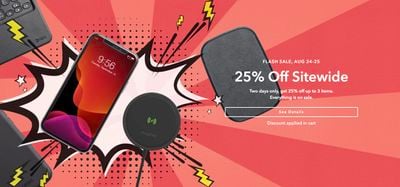 Note: MacRumors is an affiliate partner with some of these vendors. When you click a link and make a purchase, we may receive a small payment, which helps us keep the site running.
Note: MacRumors is an affiliate partner with some of these vendors. When you click a link and make a purchase, we may receive a small payment, which helps us keep the site running.
ZAGG's flash sale includes the brands Mophie, Invisible Shield, gear4, and Halo. In regards to Mophie products, this includes wireless chargers, power banks, and battery cases. This will exclude items that are already marked down, and you can only get 25 percent off up to three items on ZAGG.
You can save big on Mophie's 4-in-1 Wireless Charging Mat, discounted to $112.46 during the sale, down from $149.95.
There are also a variety of power banks on sale at Mophie, including the new Snap+ Juice Pack Mini, which is compatible with iPhone 12 MagSafe and is down to $37.46, from $49.95.
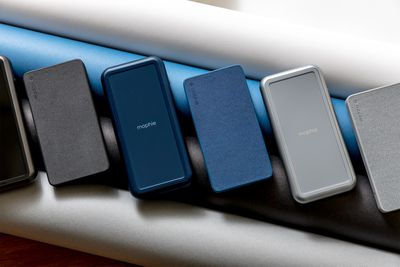
Additionally, you'll find a collection of regular portable batteries as well, including the Powerstation XXL ($44.96), Powerstation Plus ($59.96), and more.
There are plenty of other accessories on sale during this event, including car mounts, Apple Watch chargers, iPhone battery cases, screen protectors, and audio equipment. You can head to ZAGG's website to browse the full sale across all of its brands before the sale ends tomorrow.
Keep up with all of this week's best discounts on Apple products and related accessories in our dedicated Apple Deals roundup.




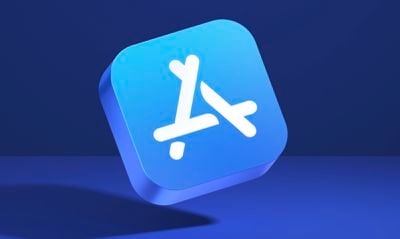
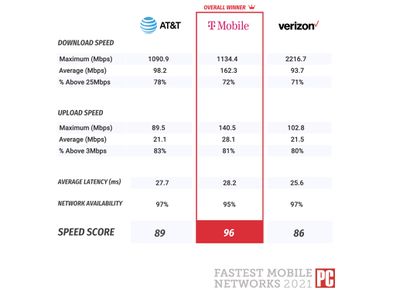

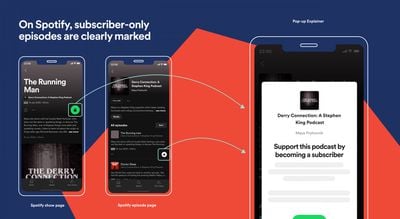

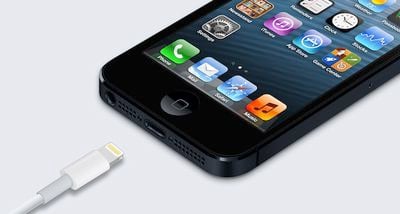
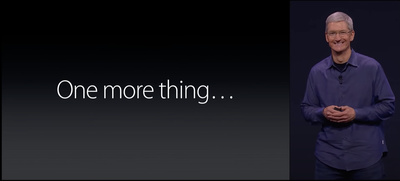
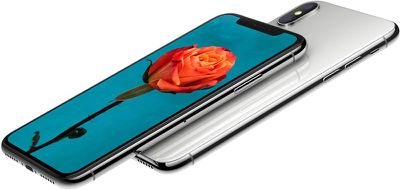
 Note: MacRumors is an affiliate partner with some of these vendors. When you click a link and make a purchase, we may receive a small payment, which helps us keep the site running.
Note: MacRumors is an affiliate partner with some of these vendors. When you click a link and make a purchase, we may receive a small payment, which helps us keep the site running.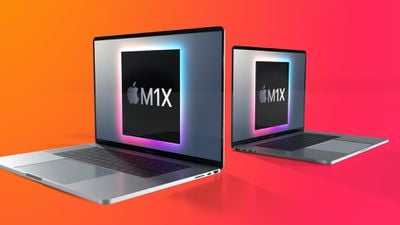


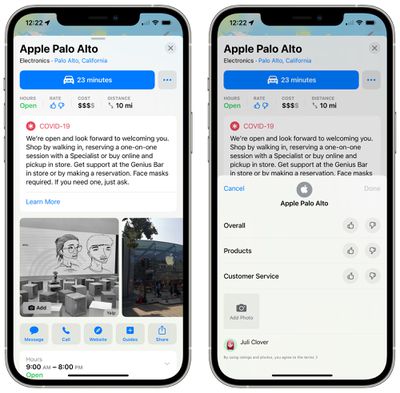
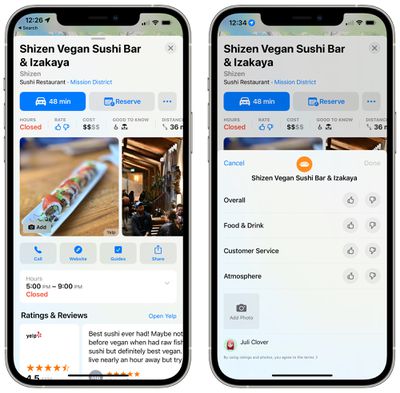



 Note: MacRumors is an affiliate partner with some of these vendors. When you click a link and make a purchase, we may receive a small payment, which helps us keep the site running.
Note: MacRumors is an affiliate partner with some of these vendors. When you click a link and make a purchase, we may receive a small payment, which helps us keep the site running.











